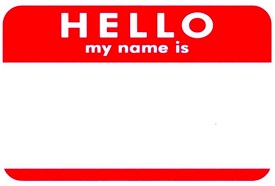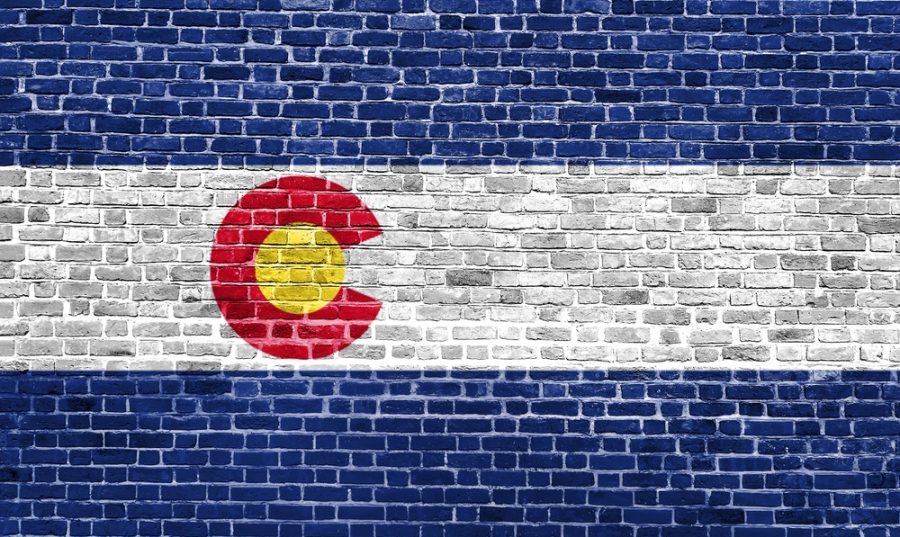 In July of 2016 Leslie Hulburt and I reported that the Utah Appellate Court recently issued a decision, if read out of context, could be used to suggest that a subrogation case in Utah must be brought in the name of the insured. See Wilson v. Educators Mut. Ins. Ass’n., 2016 UT App 38. The Wilson court was considering a case where subrogation was being sought by an insurer that had made medical payments to a victim in a car accident. The negligent driver had a policy limit of $100,000. In addition to the subrogating carrier, the victim’s parents had claims against the driver.
In July of 2016 Leslie Hulburt and I reported that the Utah Appellate Court recently issued a decision, if read out of context, could be used to suggest that a subrogation case in Utah must be brought in the name of the insured. See Wilson v. Educators Mut. Ins. Ass’n., 2016 UT App 38. The Wilson court was considering a case where subrogation was being sought by an insurer that had made medical payments to a victim in a car accident. The negligent driver had a policy limit of $100,000. In addition to the subrogating carrier, the victim’s parents had claims against the driver.
A petition for review of the Wilson decision was been submitted and granted by the Utah Supreme Court. The Supreme Court reversed the Appellate Court in a published decision on September 28, 2017. The Court discussed and upheld Equitable and Contractual Subrogation rights of the insurer.
The Court found that the law of equitable subrogation, the insurer’s right to stand in the shoes of the insured after payment is made, is well established in Utah. This principal was reaffirmed by Utah Code section 31A-21-108 which states that “subrogation actions may be brought by the insurer in the name of the insured.” The Court went on to say that this statute does not prohibit an insurer from suing in its own name. However, equitable subrogation places limits or conditions on the insurer such as the insured’s “right to first recovery (made whole)” and “splitting a cause of action.” These limitations can be modified by contract.
The Court found that an insurance contract between the insured and insurer can modify equitable subrogation limitations by allowing the insurer to sue in its own name and proceed with recovery before the insured is made whole.
The take away – insurers can sue in their own name or that of the insured in the State of Utah.





